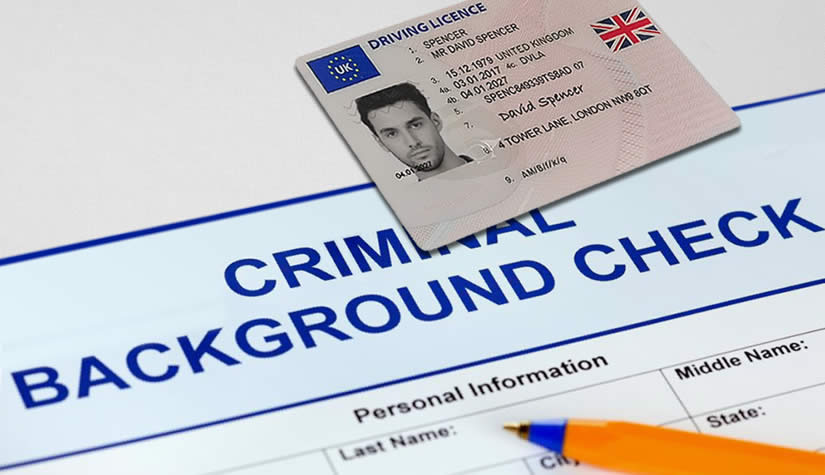During 2012, the Criminal Records Bureau who conducted CRB checks merged with the Independent Safeguarding Authority (ISA). As such, CRB checks are now called DBS checks. DBS stands for ‘Disclosure and Barring Service’.
Do Driving Instructors Need a Criminal Records Check?
If you’re applying to become a driving instructor for the first time, part of the application process includes you having a DBS criminal records check. Even if you have a valid criminal record check, you’ll still need to get a new one.
Fully qualified driving instructors are also required to have a DBS check each time they renew their ADI registration. The ADI registration lasts for 4 years.
Failing a DBS Check
You can’t pass or fail a DBS check. A DBS check is a vetting process that allows a potential employer or organisation to check your criminal history. It is then down to them to decide whether you’re suitable for the position.
Types of DBS Check
There are three types of DBS check:
- Basic Disclosure
- Standard DBS Check
- Enhanced DBS Check
As part of your driving instructor application, you’ll be required to take the enhanced level DBS check. The enhanced DBS check looks at an individual’s criminal history, including warnings, cautions, convictions and reprimands taken from the Police National Computer in England, Wales, Scotland and Northern Ireland.
To ensure an individual is not barred from working with vulnerable people, the enhanced DBS check also searches the Children’s Barred List and DBS Adult First check.
Can I be a Driving Instructor with a Criminal Record?
You can have a criminal record and still be accepted onto the ADI register, equally, if you’re an existing ADI, the DVSA may not remove you from the register. When assessing your application to become an ADI or to remain on the register, the DVSA look at various factors of an applicant who has a criminal record. These factors are:
- How serious the offence is.
- Does the offence have any relevance to the safety of your clients.
- Whether the offence is historical or current.
- Whether the offence represents repeated offending.
- Any level of regret or remorse expressed by the offender.
- Whether the offender is likely to offend again.
Serious Criminal Offences
Though the DVSA will consider many offences, certain serious offences make it highly unlikely that a person will be accepted onto the ADI register. Offences such as:
- Offences of a sexual nature:
- Sexual assault
- Sexual offences involving children
- Making or distributing pornographic images
- Serious driving offences such as:
- Dangerous driving
- Driving whilst disqualified
- Drink / drug driving
- Driving without due care and attention
- Driving without insurance
- Driving while using a mobile phone
- Certain types of theft
- Certain types of fraud
- Drug related charges
